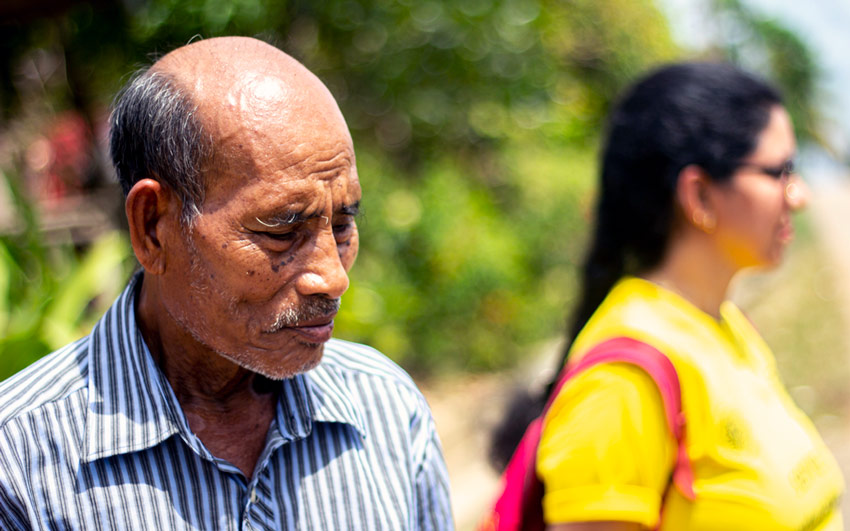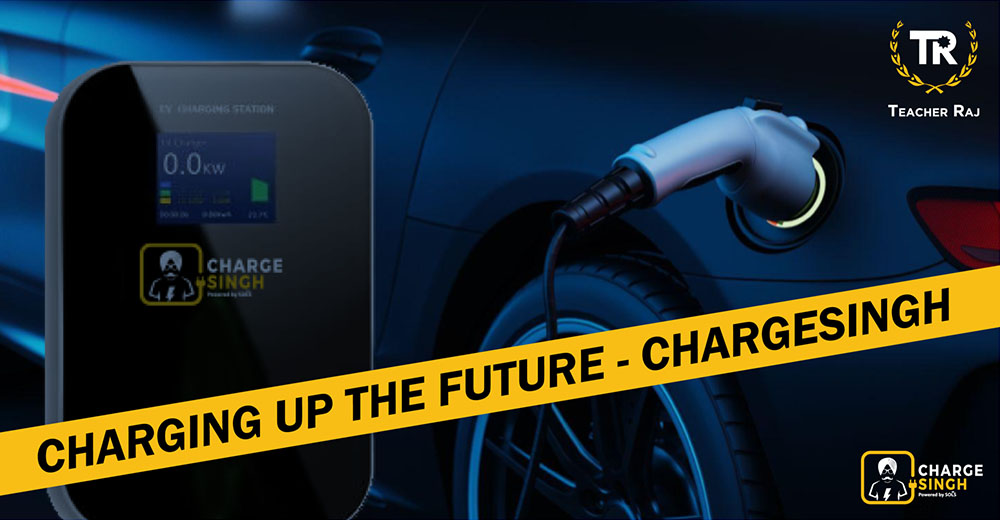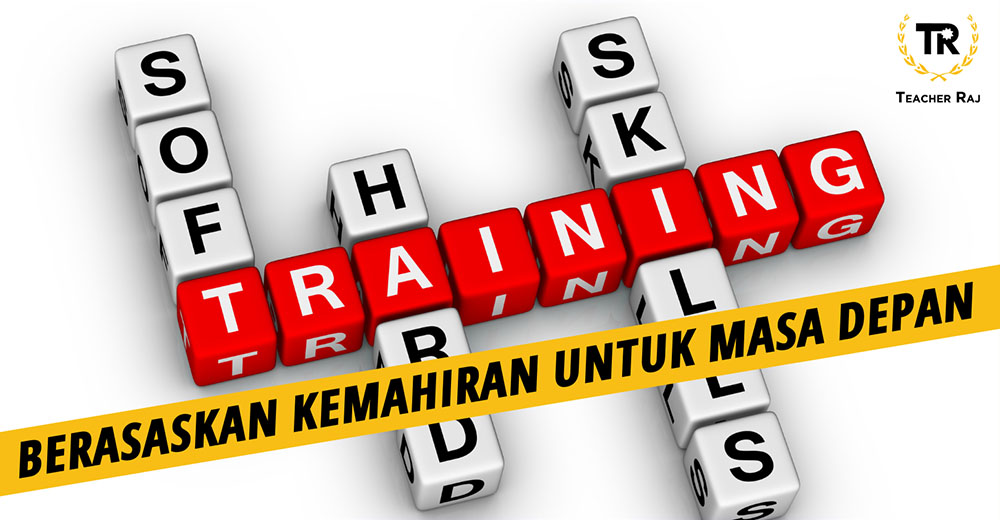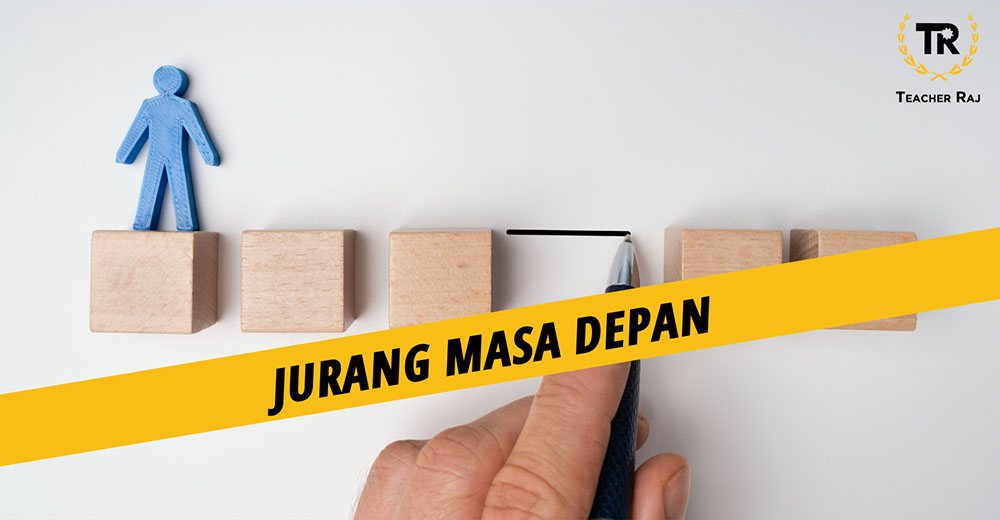By now, you may have heard or seen the term ‘B40’ broadcasted over the radio, advertised in the news or bandied about by our government officials in relation to programmes and policies for Malaysian citizens; but do you know what this term really means?
Our Malaysian Department of Statistics (DoSM) uses the term ‘B40’ to describe one of the 3 different income groups in Malaysia today – the B40 (Bottom 40%), the M40 (Middle 40%) and the T20 (Top 20%). These groups are further broken down into tiers, such as B1, B2, B3, and so on.
The B40 group is a class of citizens that earn a median household income of RM 3,000 while the M40 and T20 groups earn a median household income of RM 6,725 and 13,148 respectively. Out of 32.8 million Malaysian citizens, 40% of our citizens (which roughly amounts to 13 million people) are at the bottom of the economic hierarchy.
We also found that:
- 70% of 13 million Malaysians are considered urban poor
- 98% Malaysians have internet access while the balance 2% have none due to their location or age
- Only 9% of Malaysians have personal laptops or computers at home
Although the B40 group as a whole is not considered hardcore poor, households that earn less than RM 2,500 in the B40 group are considered in poverty and need the additional financial support from the government in order to survive in this economy. Malaysia’s absolute poverty rate in 2019 stands at 5.6%, which means that almost 6 out of 100 households in Malaysia could not afford to meet basic needs like food, shelter and clothing.
While it’s great that the income levels of these 3 groups have improved significantly over the last few years signalling economic growth, there are some worrying factors that we need to bear in mind such as, the rising cost of living due to inflation and the falling value of our Malaysian Ringgit.
More alarming however, is the recent Coronavirus outbreak that has left tens of thousands of people across the country and around the world jobless. The pandemic outbreak has affected the income and spending power of many Malaysians this year with unemployment rates rising to 5.3% in May (compared to 3.2% in January), and salary reductions greater than 30% in one in three employees. Needless to say, vulnerable households, especially those from the B40 group, have been the most affected as this group faces a higher risk of immediate cash flow restraints from dwindling earnings and unemployment compared to the M20 and T20 households.
In all my years in the social service sector, I can safely say that I have seen, up close and personal, how lower income or even no-income households in the B40 group have struggled to survive. The government is doing its part to help the B40 group through various programmes and policies but as entrepreneurs, business owners, companies and corporations, we too can do our part in helping them.
What we need to start doing is contribute towards nation-building by opening up job opportunities to the B40 group instead of solely relying on foreign labour. Traditionally in Malaysia, lower level jobs are given to foreign workers as it is financially cheaper to employ them and at the same time, maximise profits. While this may be savvy from a financial point-of-view, it does not create jobs for our countrymen and hence, does not contribute towards nation-building. As entrepreneurs, business owners, corporations, we have to change our mindset and start thinking about a shared prosperity concept where we train and help the B40 and pay them a good wage so that they can rise above the poverty line and perhaps, even out of the B40 group. No doubt, there are businesses and companies that employ Malaysians from the B40 for the lower level jobs, but what they lack to advance in the job is training.
One of the ways that our social enterprises under SOLS 24/7 uplift the B40 community is by leveraging on 4 aspects i.e. equipping them with employable English language skills and digital skills, training them with technical skills as well as offering them personal development so that they can be qualified and capable of getting a job that will pay them decently well. Through SOLS Energy and SOLS Edu Pro, our social enterprise arms, we offer the B40 group job opportunities by guiding them to participate in a high-income economy which is the solar economy or to get into the education field by becoming educators or community educators.
As a business, chasing profits may be the main goal but if we combine that by creating jobs for the B40 group, not only do we contribute towards nation-building and shared prosperity but also achieve greater happiness, greater satisfaction, greater respect and greater appreciation from our community. As employers, if we started thinking more responsibly, more holistically, more kindly and more generously about our business models, not only would we be able to uplift the B40 group but also attain the kind of satisfaction and happiness that comes from helping others.







